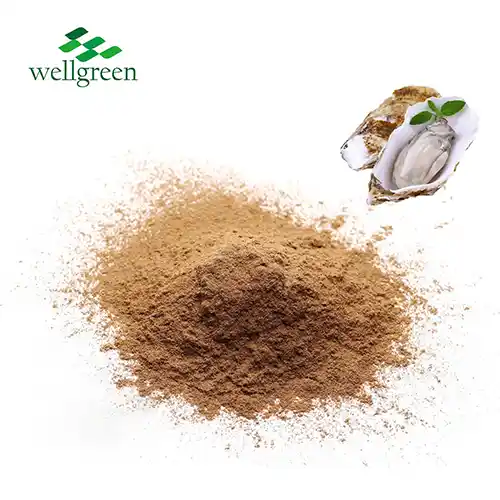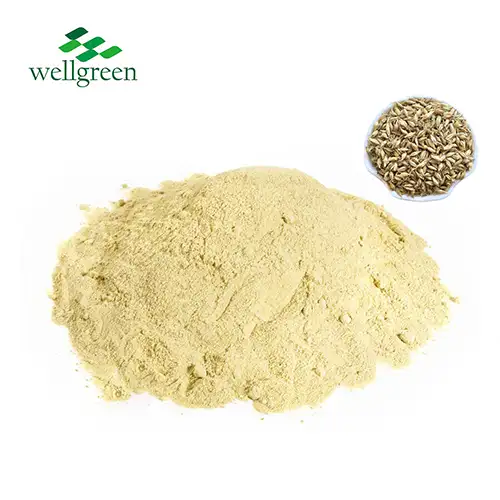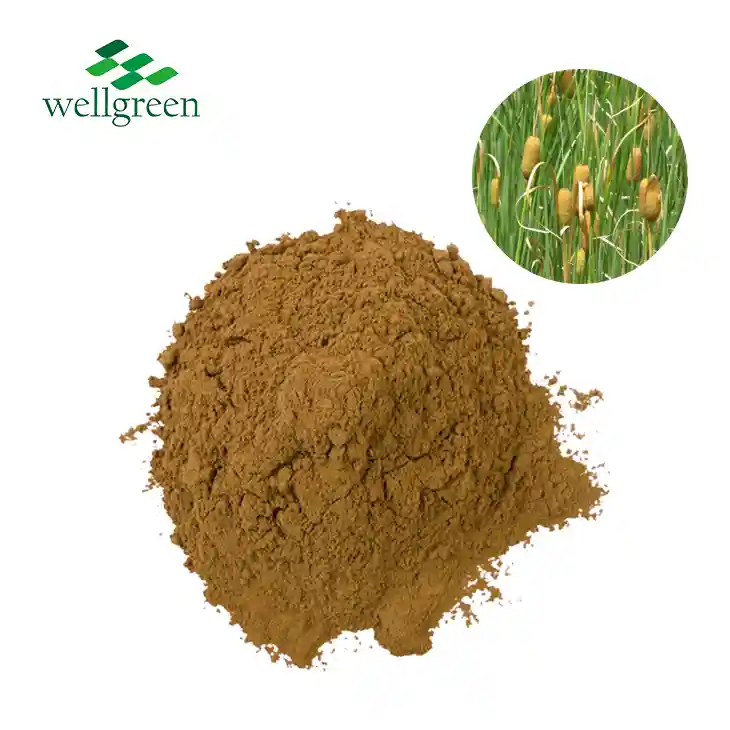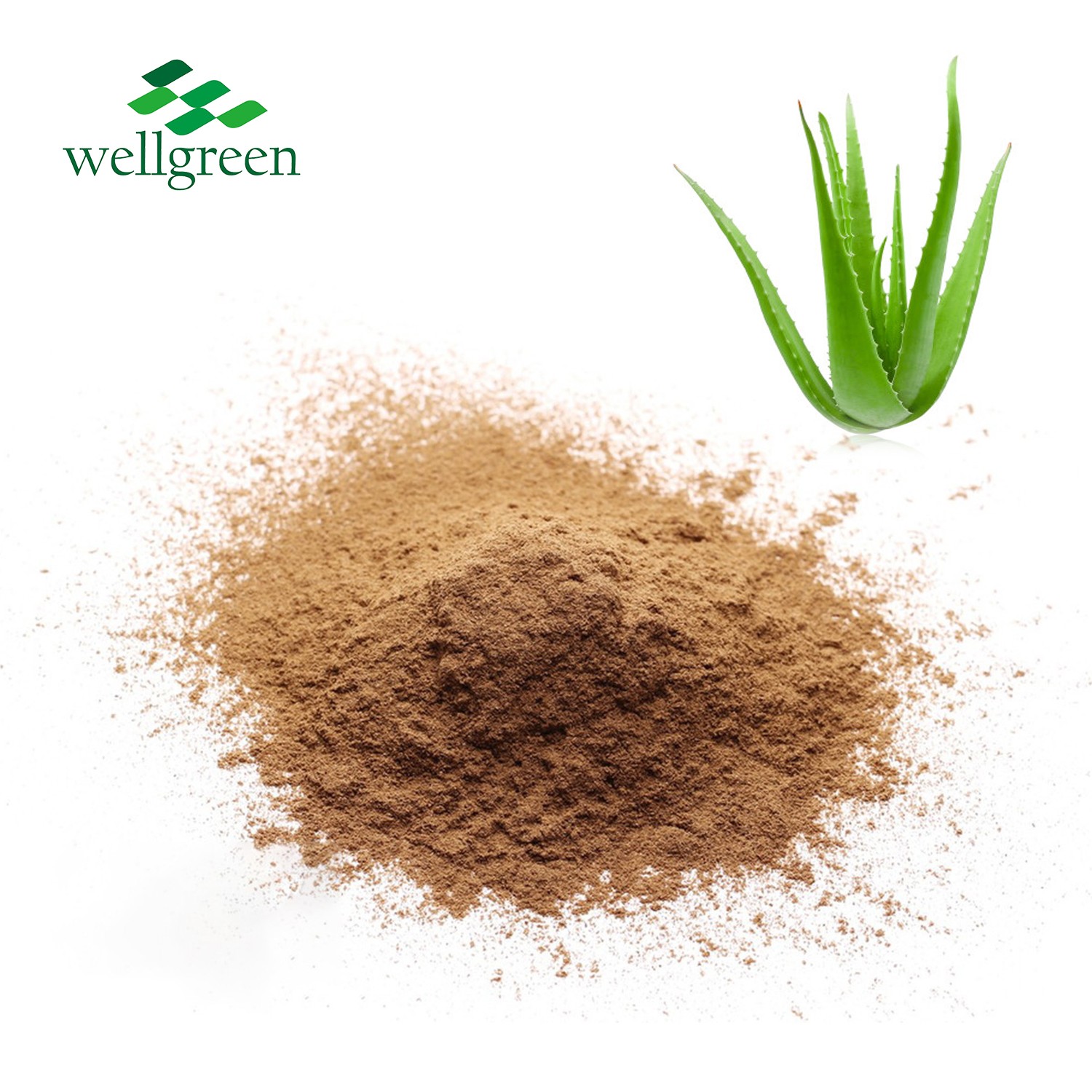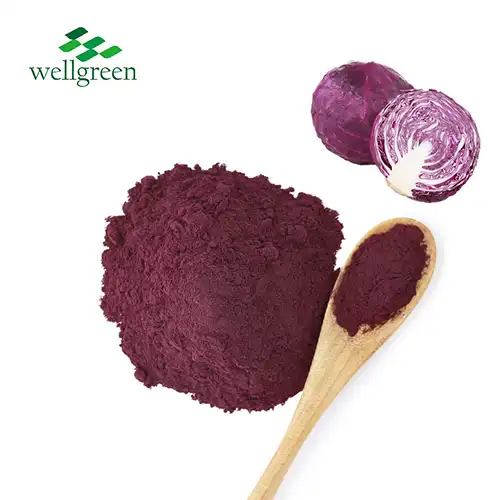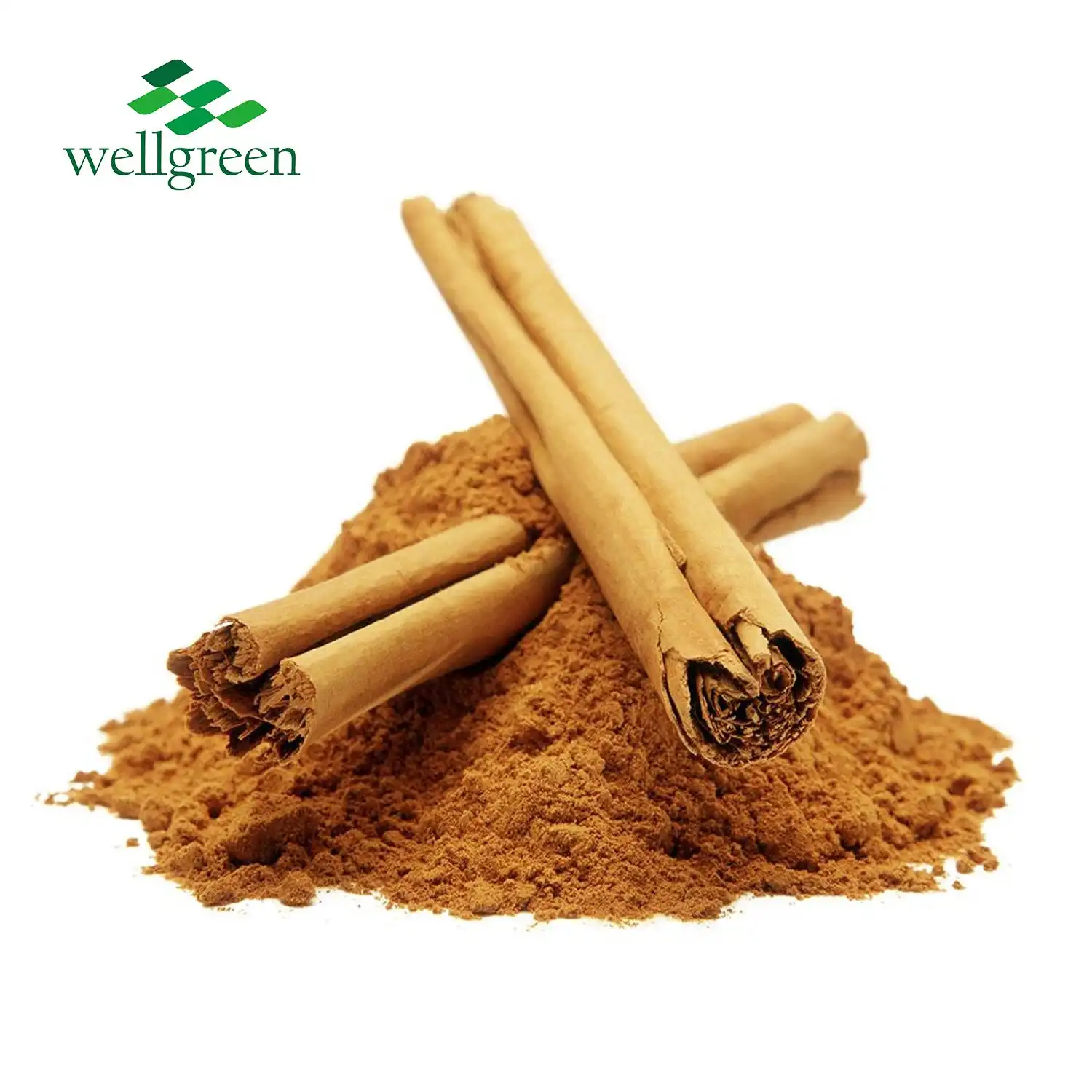What is asparagus extract used for?
2024-08-20 14:19:48
Asparagus extract, sourced from the vegetable Asparagus officinalis, has gained significant recognition for its wide-ranging health benefits and versatile applications. This article explores the manifold uses of asparagus extract, emphasizing its contributions to health, skincare, and traditional medicine. Known for asparagus racemosus root extract's potent antioxidant properties, it helps combat oxidative stress and supports cellular health. As a natural diuretic, it aids in fluid balance and may alleviate conditions like hypertension. In skincare, its antioxidants protect against free radical damage, promoting skin health. In traditional medicine, it is revered for its adaptogenic qualities in Ayurvedic and Traditional Chinese Medicine, enhancing vitality, hormonal balance, and overall well-being. Asparagus extract thus stands out as a holistic supplement with benefits that span across different facets of health and wellness.
What Are the Health Benefits of Asparagus Extract?
Asparagus extract is renowned for its potent health benefits, making it a valuable addition to dietary supplements. One of the primary advantages of this extract is its rich antioxidant content. Antioxidants are crucial in neutralizing free radicals, which can cause oxidative stress and damage cells. By incorporating asparagus extract into your diet, you can support your body's defense against chronic diseases such as heart disease and cancer.
Furthermore, asparagus extract is known for its diuretic properties. It promotes the elimination of excess fluids and salts from the body, which can help alleviate conditions like hypertension and edema. This natural diuretic effect is attributed to the presence of asparagine, an amino acid found in high concentrations in asparagus.
Another significant benefit of asparagus extract is its potential to support digestive health. Asparagus extract powder contains inulin, a type of prebiotic fiber that feeds beneficial gut bacteria. This can enhance gut health, improve digestion, and boost the immune system. The anti-inflammatory properties of asparagus extract also contribute to reducing gastrointestinal discomfort and preventing conditions like irritable bowel syndrome.
How Does Asparagus Extract Benefit Skincare?
Asparagus extract offers a wealth of health benefits, making it a valuable addition to dietary supplements. One of its standout advantages lies in its potent antioxidant content. Antioxidants play a crucial role in neutralizing harmful free radicals, thereby reducing oxidative stress and protecting cells from damage. Incorporating asparagus extract into your daily regimen can fortify your body's defenses against chronic illnesses such as heart disease and cancer.
Moreover, asparagus extract is rich in vitamins and minerals, such as vitamins A, C, E, and folate, which are essential for skin health. These nutrients promote collagen production, improve skin elasticity, and reduce the appearance of fine lines and wrinkles. Incorporating products containing asparagus extract into your skincare routine can lead to a more radiant and youthful complexion.
Additionally, asparagus racemosus root extract supports digestive health through its inclusion of inulin, a prebiotic fiber that nourishes beneficial gut bacteria. This promotes a healthier gut environment, enhances digestion, and bolsters the immune system. Furthermore, the extract's anti-inflammatory properties contribute to reducing gastrointestinal discomfort and may help prevent conditions such as irritable bowel syndrome.
How Are Asparagus Extracts Traditionally Used?
 Asparagus extract holds a rich history in traditional medicine, where it has been revered for its therapeutic benefits across different cultural practices. In Ayurvedic medicine, it is known as Shatavari, celebrated for its adaptogenic properties that promote vitality, support reproductive health, and help maintain hormonal balance. Particularly esteemed in women's health, Shatavari aids in menstrual regulation and eases menopausal symptoms, making it a staple in Ayurvedic remedies.
Asparagus extract holds a rich history in traditional medicine, where it has been revered for its therapeutic benefits across different cultural practices. In Ayurvedic medicine, it is known as Shatavari, celebrated for its adaptogenic properties that promote vitality, support reproductive health, and help maintain hormonal balance. Particularly esteemed in women's health, Shatavari aids in menstrual regulation and eases menopausal symptoms, making it a staple in Ayurvedic remedies.
Similarly, Traditional Chinese Medicine (TCM) recognizes asparagus racemosus root extract for its cooling and detoxifying effects. It is frequently prescribed to clear lung heat, nourish the kidneys, and foster overall health and longevity. The diuretic and anti-inflammatory qualities of asparagus extract are also acknowledged in TCM, where it is applied to treat conditions such as urinary tract infections and various inflammatory disorders.
Modern scientific research corroborates these traditional uses, validating the adaptogenic properties of asparagus extract that help the body combat stress and maintain internal balance (homeostasis). This scientific backing underscores the supplement's efficacy in enhancing overall well-being and resilience, aligning with its longstanding traditional medicinal roles.
Conclusion
In conclusion, asparagus extract powder provides a comprehensive range of health benefits, encompassing antioxidant protection, natural diuretic effects, support for digestive health, and advantages in skincare. Its historical use in Ayurvedic and Traditional Chinese Medicine is substantiated by contemporary research, affirming its efficacy. Asparagus extract's adaptogenic qualities help enhance overall well-being and resilience, making it a valuable component in modern health regimens and dietary supplements. Whether combating oxidative stress or supporting gastrointestinal comfort, asparagus extract continues to demonstrate its multifaceted contributions to holistic health practices, offering a natural and effective option for maintaining wellness and vitality.
WELLGREEN is an innovation-driven manufacturer of herbal extracts since 2011 certified by ISO9001:2015, ISO22001, HALAL, KOSHER, HACCP, and Organic Certificate. If you need Asparagus Extract Powder, please contact us wgt@allwellcn.com. We can supply customized service as per your request.
References
1. Sharma PV. Dravyaguna Vijnana. Chaukhambha Bharati Academy; 2005.
2. Winston D, Maimes S. Adaptogens: Herbs for Strength, Stamina, and Stress Relief. Healing Arts Press; 2007.
3. Bone K. Principles and Practice of Phytotherapy: Modern Herbal Medicine. Churchill Livingstone; 2013.
4. Duke JA, Ayensu ES. Medicinal Plants of China. Reference Publications; 1985.
5. Goyal RK, Singh J, Lal H. Asparagus racemosus—An update. Indian J Med Sci. 2003;57(9):408-414.
6. Chaudhari KS, Tiwari NR, Tiwari RR, Sharma RS. Phytochemical and pharmacological profile of Asparagus racemosus (Shatavari): A review. Pharmacogn Rev. 2007;1(1):131-134.
7. Chevallier A. Encyclopedia of Herbal Medicine. DK Publishing; 2016.
8. Chen Y, Liu Y, Sarker SD, Nahar L, Li S, Guo M. Asparagus: A Source of Bioactive Phytochemicals. In: Watson RR, Preedy VR, editors. Bioactive Food as Dietary Interventions for Liver and Gastrointestinal Disease. Academic Press; 2013:215-224.
9. Nadkarni KM. Indian Materia Medica. Popular Prakashan Pvt Ltd; 1976.
10. World Health Organization (WHO). WHO Monographs on Selected Medicinal Plants - Volume 4. Geneva: World Health Organization; 2009.

